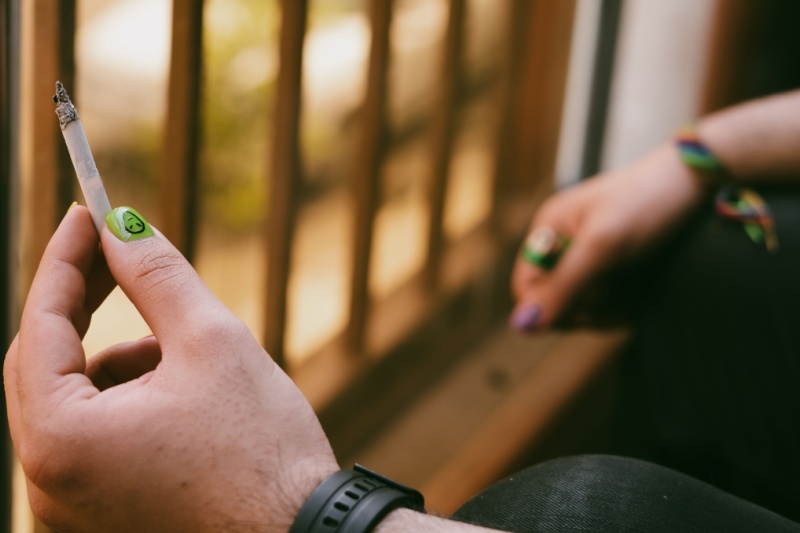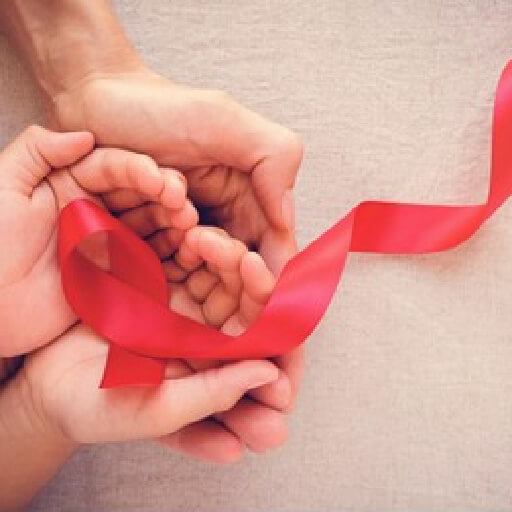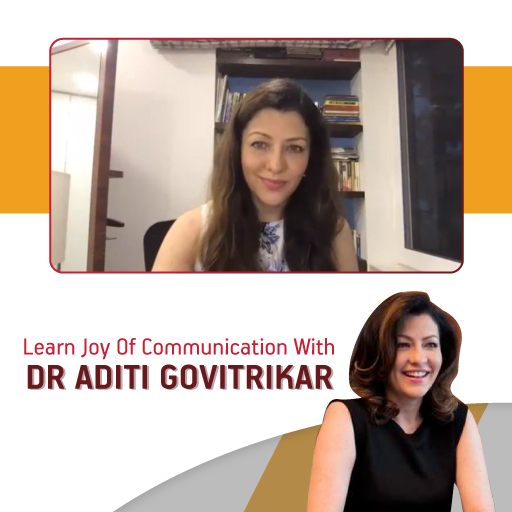
LGBTQIA+ stands for lesbian, gay, bisexual, transgender, intersex, queer/questioning, asexual, and others. They often face more prejudice and discrimination than heterosexuals. The reason for the discrimination is mainly due to their sexual orientation. This has been the primary focus of medical researchers and professionals too to focus on their sexual health issues.
What you need to know:
Reasons for experiencing mental health issues
Here are some common reasons for experiencing mental health issues:
- Acceptance: Lack of self and others’ acceptance may cause mental health problems. These include depression, anxiety, and substance abuse.
- Lack of awareness: Our society is still not open about LGBTQIA+ issues and concerns. There is less knowledge about the different biological basis of LGBTQIA+ origin. It can result in considering it as not usual or mental illness.
- Internalization of homophobia: Ever since the Supreme Court order in the year 2018 decriminalized homosexual activity, people have come forward in support of the LGBTQIA+ community. But sometimes, the problem lies within. Internalizing homophobia can cause mental health issues. It leads to relying on substances for self-soothing or comforting behavior.
Other factors include religion, culture, and societal biases. They make life hard for LGBTQIA+ people, who struggle to live like other heterosexual people. They are more likely to face harassment, which can cause mental distress among them. Depression is one of the most common mental health problems for LGBTQIA+ people. Depression, also known as major depressive disorder or clinical depression, is marked by feelings of sadness, hopelessness, and loss of interest in things that a person used to enjoy before.
Some watch-out symptoms
Here are some common symptoms of substance abuse and depression in the LGBTQIA+ community:
- Depressed mood swings most of the time
- Loss of interest in surroundings
- Significant weight loss or weight gain. Loss of appetite or a change in appetite.
- Reduction in physical movement is evident and can be observed by others.
- Fatigue or feeling of tiredness most of the time.
- Feeling of worthlessness
- Diminished ability to think or focus, concentrate, unable to make decisions.
- Recurrent thoughts of death or suicidal ideation
People from the LGBTQIA+ community can experience any of the listed symptoms or mix them at any point in their lives. But it becomes alarming when it is for a more extended period and starts interfering with their personal, social, or occupational life. Depression can not only cause emotional and psychological distress but can lead to poor physical health and well-being, too. Many LGBTQIA+ people, especially those in rural areas or who are young, may see it as a mental illness. Such belief can lead to mental health issues and substance abuse. When substance abuse and some mental conditions co-exist, it’s hard to tell which caused the other.
Types of substance abuse

Here are some common types of substance abuse in the LGBTQIA+ community:
- Alcohol: Drinking alcohol is mainly governed by societal norms and culture. LGBTQIA+ people fight exclusion from mainstream society. This is more likely to affect their drinking behavior. The pattern and use of alcohol may differ in men and women. Studies show that alcohol use and misuse are found more in sexually minor women than heterosexual women. It can usually start with drinking to divert the mind and may lead to addiction slowly.
- Smoking: As per reports from the CDC, one in six LGBTQIA+ people smoke cigarettes. The reason could be any. The real problem arises in quitting. People from the LGBTQIA+ community are less likely to get help for quitting due to fear of mistreatment from medical professionals.
- Misuse of prescribed medication: It can cause suicidal thoughts. It happens when people can’t handle bad experiences and make impulsive decisions. They then use too much of the prescribed drugs.
Most abused drugs
- Opioids: prescribed for pain relief
- CNS depressants: barbiturates and benzodiazepines prescribed for anxiety or sleep problems
- Stimulants: prescribed for attention-deficit hyperactivity disorder (ADHD), the sleep disorder
It is important to consider seeking professional help when mental health concerns start interfering with one’s daily life. Mental health care is now gaining widespread attention. Society is now progressing faster, and there are more developments and advancements. There is more awareness among medical professionals and the public.
With an increased awareness, there is less internalization of homophobia. These changes can hopefully create a happier place for LGBTQIA+ in our society.
For 24×7 Mental Health Assistance, Call 1800-120-820-050
Stay tuned to the Activ Living Community. Stay updated with the latest health tips and trends through expert videos, podcasts, articles, and much more on nutrition, fitness, mindfulness, and lifestyle conditions like Asthma, High Blood Pressure, Cholesterol, and Diabetes. Activ Living ke saath sahi sehat ki shuruaat ABHIkaro.
You may also be interested in the following blogs:
- Dealing With The Stress Of Family Rejections In The LGBTQIA++ Community In India
- Unlock A Stress-Free Life: 3 Simple Tips To Relieve Stress And Anxiety
Popular Searches
How to lower blood pressure | Fruits good for liver | Unhealthy foods | Ragi Benefits | Basal Metabolic Rate | Acupressure points for High Blood Pressure | Ayurvedic medicine for blood pressure | How to control cholesterol at home | Homeopathy for Asthma | Biological Age | Home remedies for TB | Natural beta blockers | Negative effects of internet | Types of walking | Blood pressure calculator | Blood sugar calculator | BMI Calculator





 1800-270-7000
1800-270-7000









